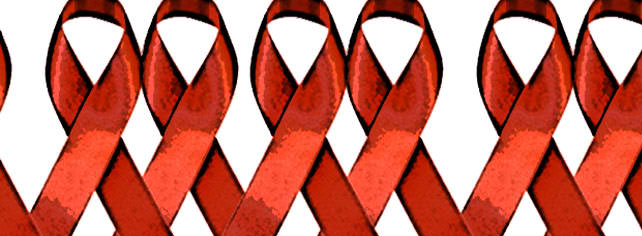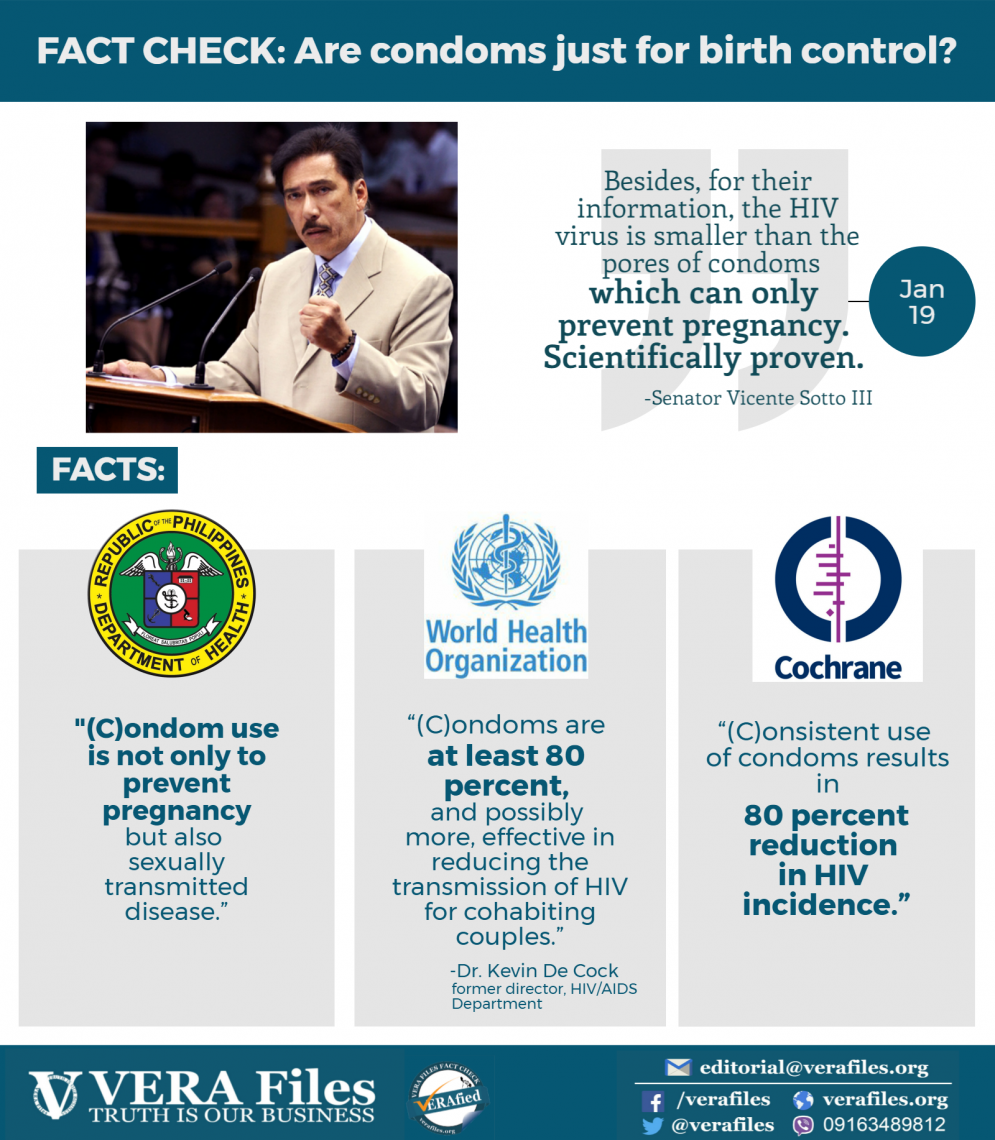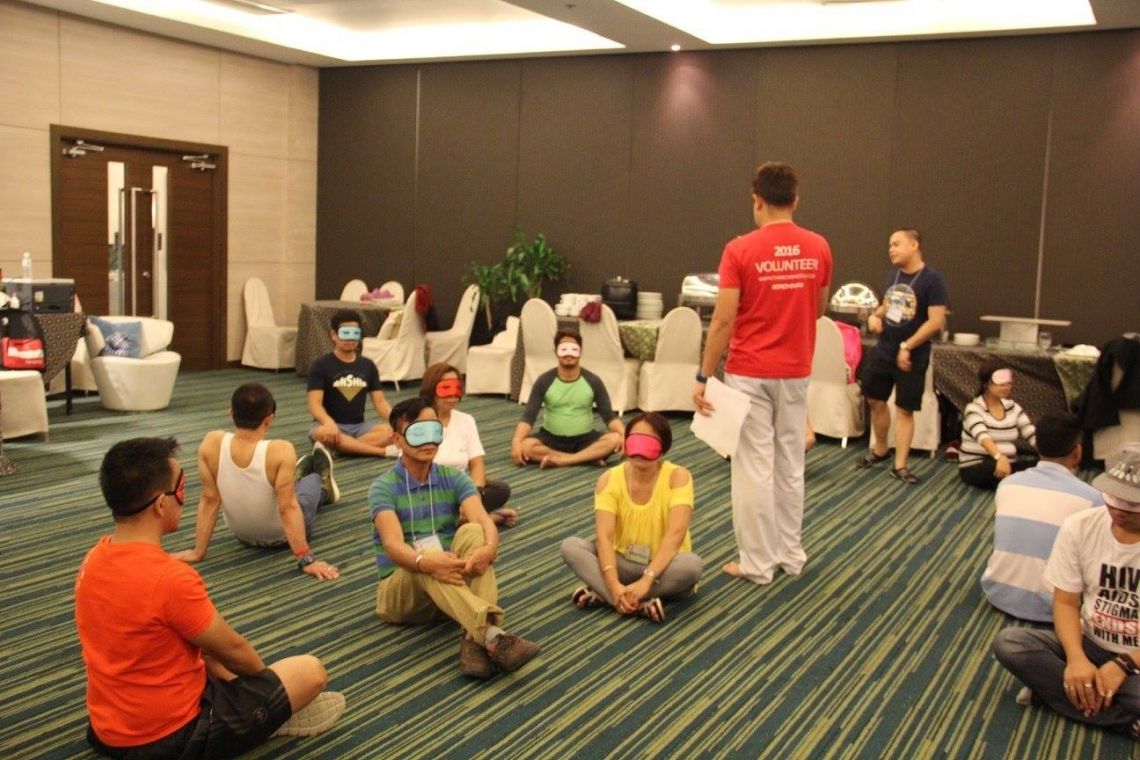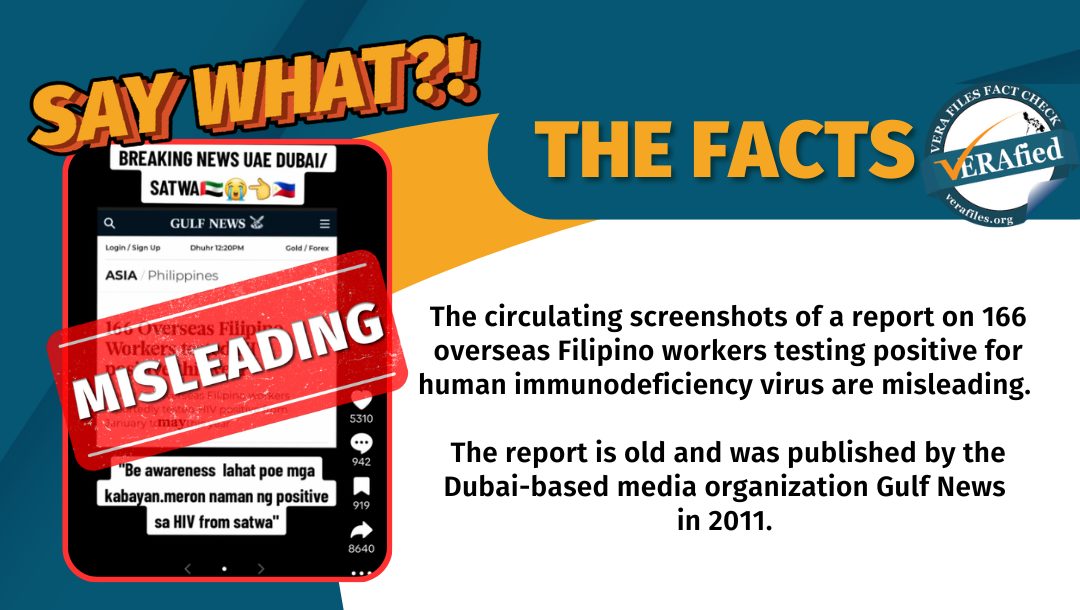By PATRICK KING PASCUAL
 The first day of December is World’s AIDS Day.
The first day of December is World’s AIDS Day.
People observe World’s AIDS Day remembering the people who have lost their lives because of HIV and AIDS. Remembering means learning about the virus and the disease.
HIV stands for the human immunodeficiency virus that infects human being and leads to problems with their immune system.
AIDS is Acquired Immune Deficiency Syndrome is a disease caused by HIV to the body’s immune system.
As of October this year, the Department of Health (DOH) has recorded a total number 4,072 HIV reported cases; 3,874 of which are males and 198 are female; and a total of 272 AIDS cases.
It was also reported by DOH that 94% of the recorded HIV cases this year were infected through sexual contact, 6% through needle sharing among injecting drug users and less than 1% through mother to child transmission.
The theme of the World AIDS Day celebration is (still) “Getting to Zero”. “We are expecting all the countries, especially the one with rising numbers of HIV cases, to adopt innovative preventive approaches, to conduct a more through services when it comes to assistance and healthcare, and to improve the status of human rights awareness to alleviate discrimination and stigma,” the Joint United Nations Programme on HIV and AIDS, or UNAID stated in a press release.
“If you have stigma, then people wouldn’t talk about it. If you have stigma, it’s very difficult to give services because they’re afraid that they’re going to end up as the topic of gossips, so they’d rather hide instead of doing what they’re supposed to do,” Department of Health Assistant Secretary Janette Garin on the prevalence of HIV/AIDS in the country.
Garin said there is still the misconception that only prostitutes are the most likely to get infected with HIV. “In reality, they’re even more protected than most people,” she said.
The Assistant Secretary expressed concern over the increasing number of men who have sex with other men referred to as MSMs infected with HIV. “A little on the drug users – those who are injecting drugs, but the increasing number of MSMs being infected is very significant. The homosexual population in our country are very productive,” she said.
Compared to other countries in Asia, the increasing number of HIV cases among MSMs in the Philippines are much higher; with only 19% in Malaysia, 15% in Sri Lanka and only 7% in Indonesia.
Garin said the Philippines is currently receiving support from the Global Fund (GF) to take care of the people with HIV and AIDS, tuberculosis and malaria.
Through the Global Fund,HIV and AIDS treatment hubs in our country are able to provide free consultations to doctors; free laboratory testing including the CD4 testing, a blood test that measures the number of CD4 cells in a person with HIV or AIDS and also an indicator of one’s health; free preventive treatments to possible opportunistic infections; and most importantly, free access to antiretroviral drugs (ARVs), a series of medicine that help control the continuous escalation of the HIV virus.
But the Global Fund is expected to end next year.
“The DOH already filed an appeal to the World Health Organization and we’re hoping that it will be granted and that the funding would still continue even beyond 2014,” Garin said adding that without GF the DOH budget “will really not be enough because antiretrovirals are really expensive.”
Garin said a person living with HIV or PLHIV can avail health benefit packages from PhilHealth apart from the benefits they can get from the Global Fund.
PhilHealth CEO and president Alexander Padilla said it’s mandatory in the Philippine law that everyone should be covered by PhilHealth. “Since PLHIVs are covered by PhilHealth, we have a special benefit package for them, part of the millennium development goal benefit packages. For the HIV disease, we have a P30,000 package for one year or P7,500 per quarter.”
“They can easily avail our benefits, all they have to do is to just follow the process of application and pay their contributions. If they’re also worried with issues of confidentiality, we are bound by the law to keep everything private,” Padilla explained.
Garin also added that the DOH is also looking at the possibilities of discussing the policies of Health Maintenance Organizations (HMO) when it comes to their HIV-positive members, “It’s being debated with PhilHealth, just like in HMOs, when they find out that you’re HIV-positive, they’re going to remove your membership, which is not supposed to be the case.”
Republic Act 8504, also known as the Philippine AIDS Prevention and Control Act, protects PLHIVs against detrimental actions and situations from companies, the community and from other institutions.
The DOH and PhilHealth reminds everyone that “people should be aware of HIV and AIDS even beyond World AIDS Day,” and that “we owe it to ourselves and to the community to be properly educated about the disease.”





